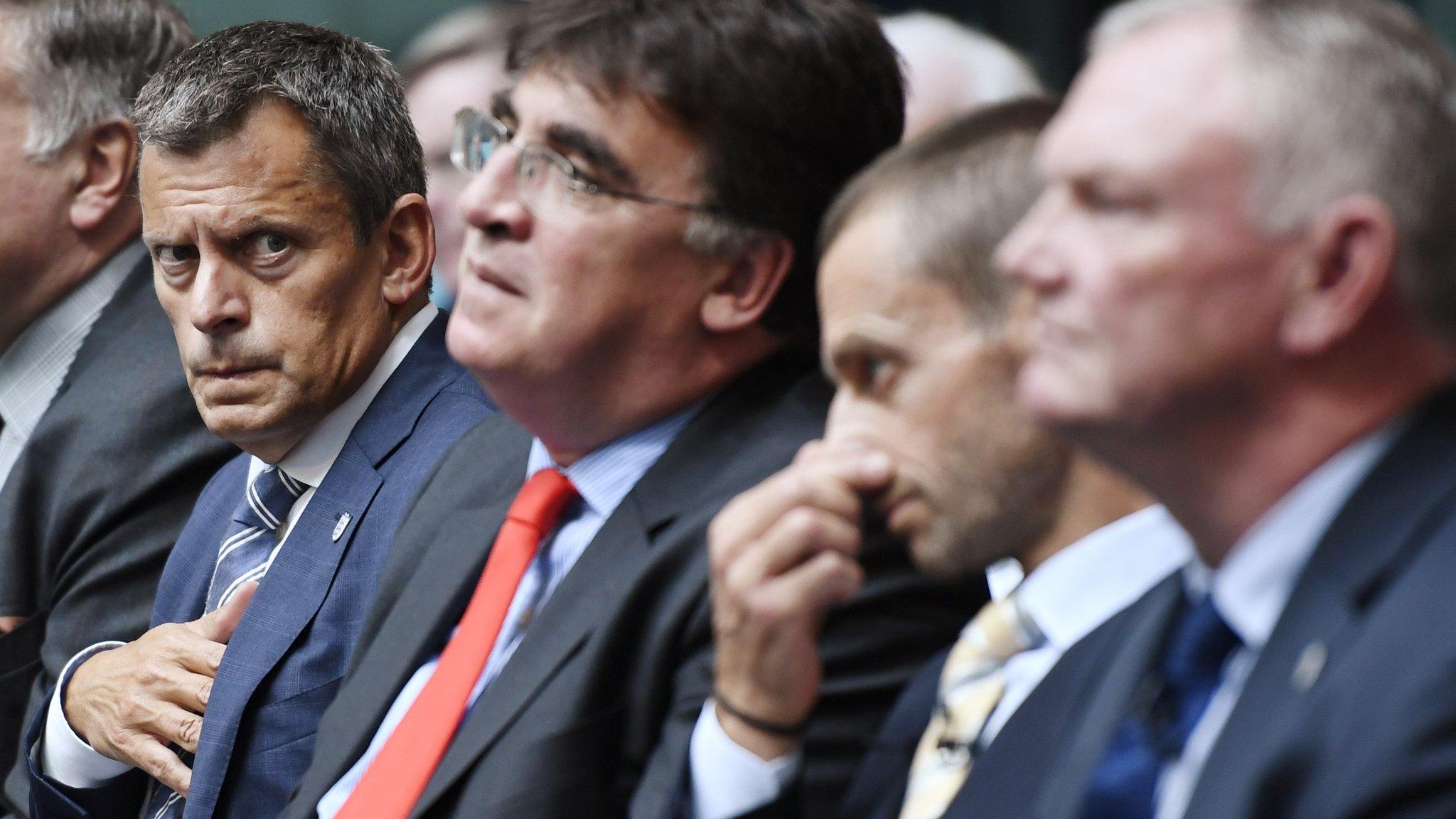Women In Sport: Number of women in top jobs at UK sporting bodies declining, says study
- Published
- comments
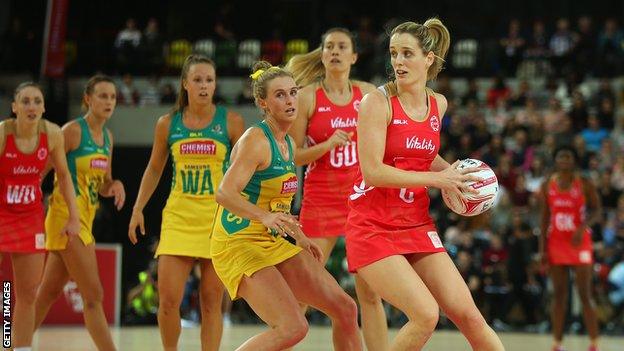
England Netball's non-executive directors are 90% women
The number of women getting top jobs at UK sporting bodies is down by 6% since 2014, says a new study which calls the findings "extremely concerning".
The Women in Sport survey found around half of the 68 Sport England and UK Sport-funded national governing bodies have fewer than 30% of non-executive director roles filled by women.
Under government guidelines coming into effect on 1 April, those organisations must have at least 30% women on their board, or risk losing funding.
Nine of the 68 organisations have no women in senior leadership roles below chief executive level.
The British Taekwondo Council, the sport's national governing body, has no woman in any leadership or board positions.
Overall the number of women on the boards of governing bodies is 30% on average.
Key findings
Of the 68 governing bodies, just under half (33) have less than 30% female non-executive directors
For 2016 these included British Cycling, Rugby Football League, England and Wales Cricket Board, Rugby Football Union and the Football Association
There has been a decrease in the number of women in senior leadership roles - the most senior paid roles, excluding the chief executive officer
Nine of the 68 organisations had no female senior leaders below chief executive level
18% of chairs are female and 23% of chief executive officers are women
At England Netball, 80% of senior leaders are female
The report concluded: "Women in Sport is also extremely concerned by the decrease in the number of women in senior leadership roles. While organisations should continue to tackle the diversity of their boards, they also need to broaden their focus, addressing diversity within their organisations more generally."
Speaking to BBC Sport, Ruth Holdaway, Women in Sport chief executive said: "There is positivity in the fact that in the seven years we have been doing this audit, we have seen an increase in the number of women at every level of leadership in sport.
"But now we are seeing the figures plateau and for non-executive directors on boards, the figure has sat at around 30% for the last couple of years.
"That is an average across all of the governing bodies, that masks a disparity, some do better than that and some do worse than that. Half of the national bodies are hitting the 30% target, the other half have work to do."
The figures in the study are for 2016 and just 7% of the Football Association's non-executive directors are women - the third lowest in the study.
However, the FA has since proposed reforms to appoint more women to its board.
British Cycling, which in the study has 17% of females as non-executive directors, appointed Julie Harrington as its new chief executive on Monday.
Holdaway said gender diversity is being held back by life president and honorary roles for men.
"The time is coming for those who are blocking progress to move, " she said.
Director of sport at funding body Sport England, Phil Smith, said organisations have to draw up an action plan of how they will reach the 30% target by 1 April, or face losing their funding.
"They have enough time to write an action plan, " Smith told the BBC. "Public investment in any sports organisations is dependent on organisations reach the standards of the code, anyone who is not able to reach them or have adequate plans to do so, won't be able to attract public investment."
England Hockey currently fail to meet the target, as three of their 12 members (25%) are women.
But chief executive Sally Munday said she was confident they would be able to eventually meet the guidelines.
"We will look at how we can evolve to meet the guidelines," Munday told BBC Sport.
"We will not get to 1 April and ask a board member to leave. We have an outstanding board, it just so happens than more are men than women. Over time, as board members leave, we will look at recruiting people who still meet the skill set, but will enable us to meet the recommendations in the guidelines."
Analysis
Katie Gornall, BBC Sport
The new code of governance will come into effect on 1 April and then each sport will be given their own individual deadline to meet the requirements.
Some governing bodies will find it easier to diversify than others. The FA's recent proposal to reserve three places for women on its board from 2018 still has to be approved by its 122 person council - an overwhelming male body historically resistant to reform.
Those that don't meet the criteria risk losing millions of pounds of public investment. The Government is also prepared to withdraw essential support for bids to host major events. The consequences for failing to modernise are now more serious than ever.
- Published8 March 2017
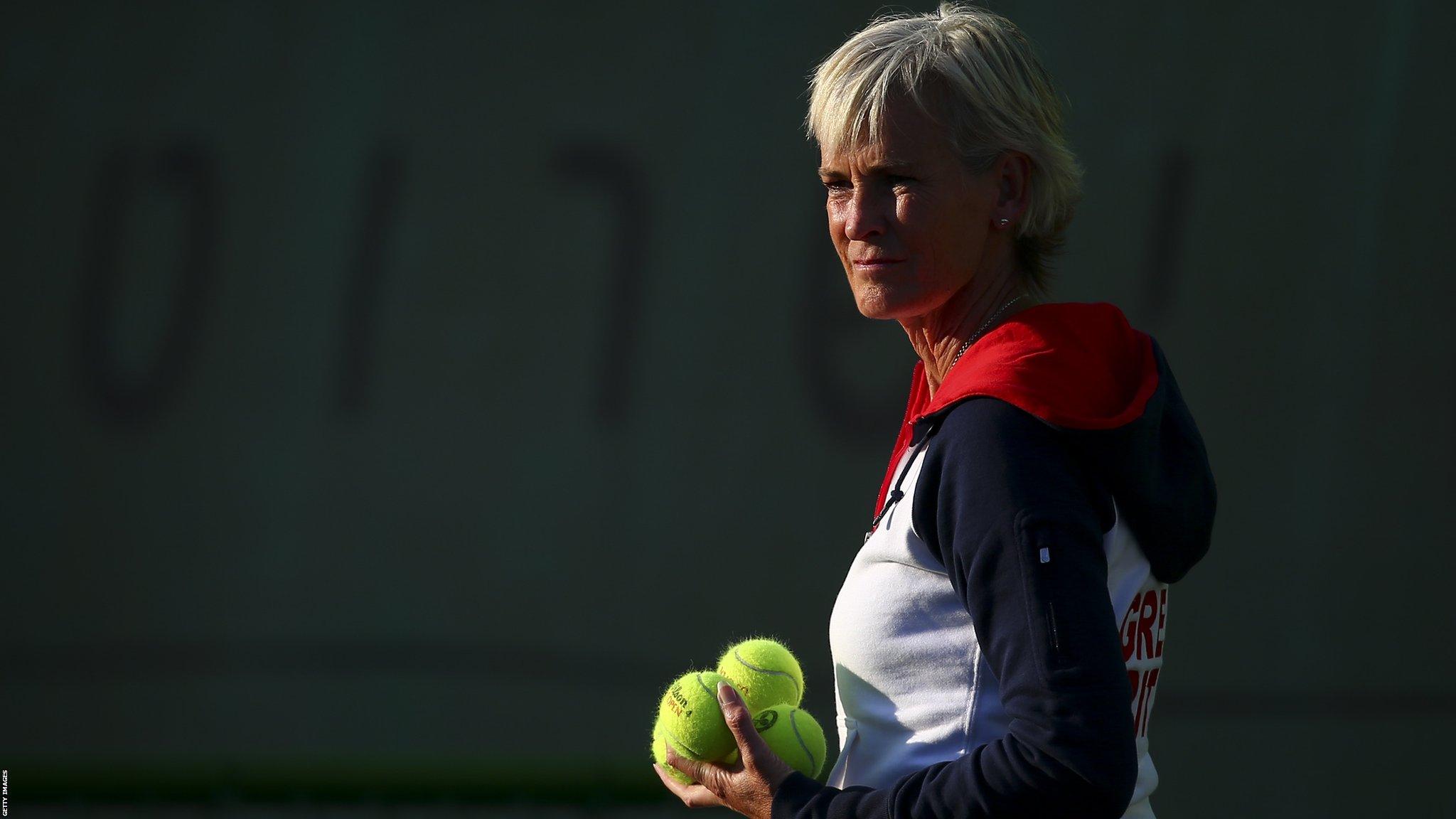
- Published8 March 2017
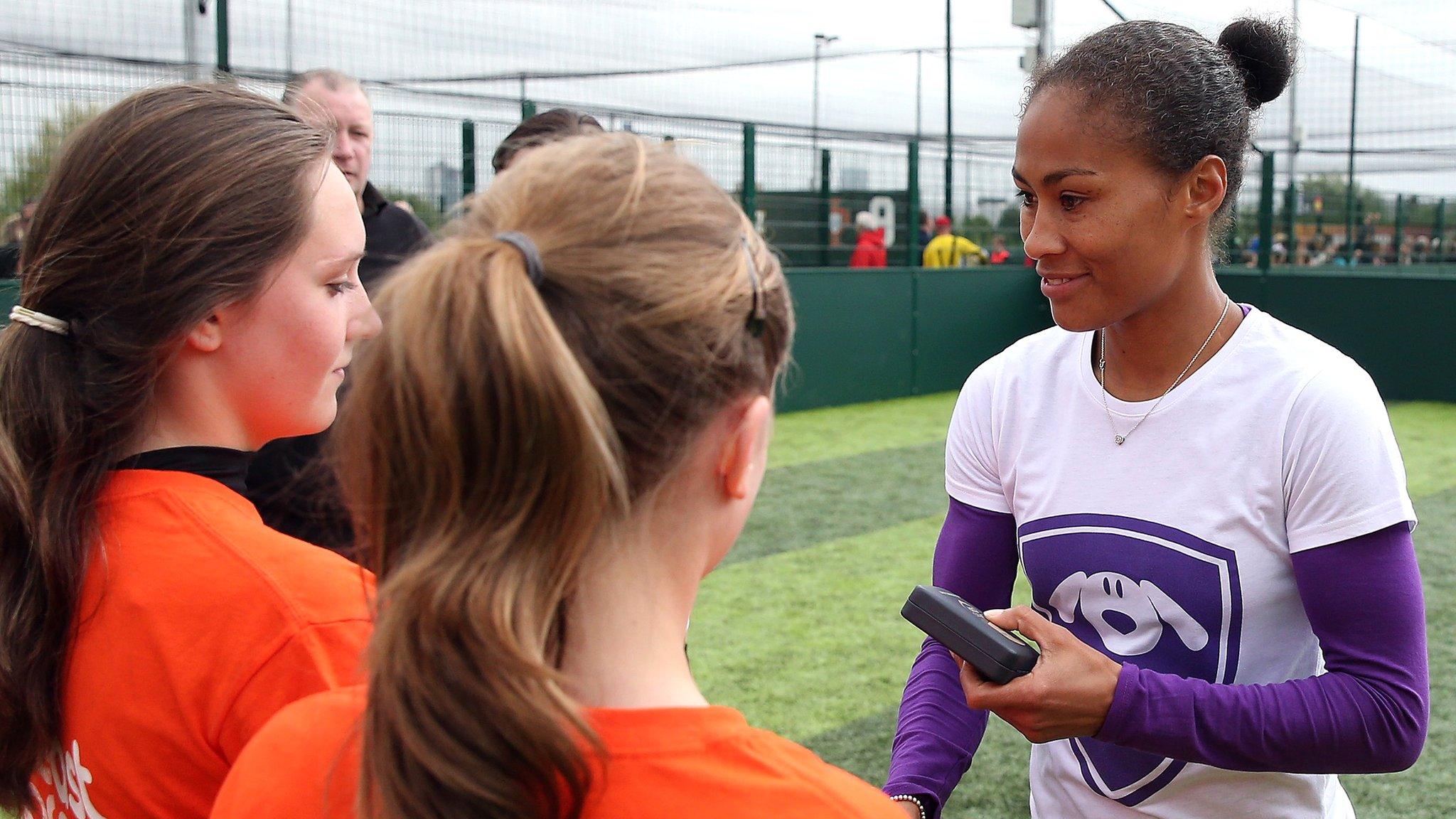
- Published6 March 2017
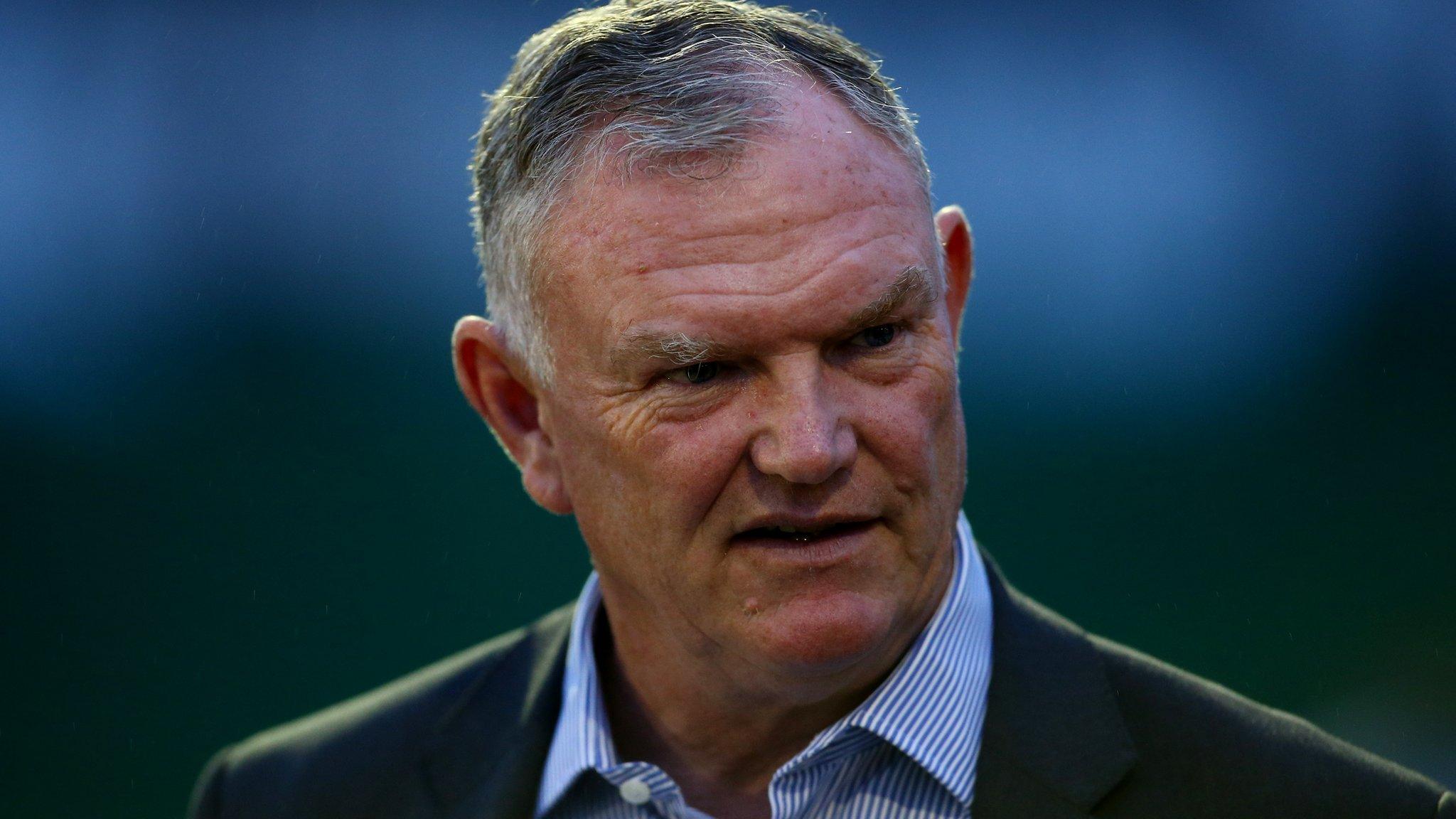
- Published31 October 2016
